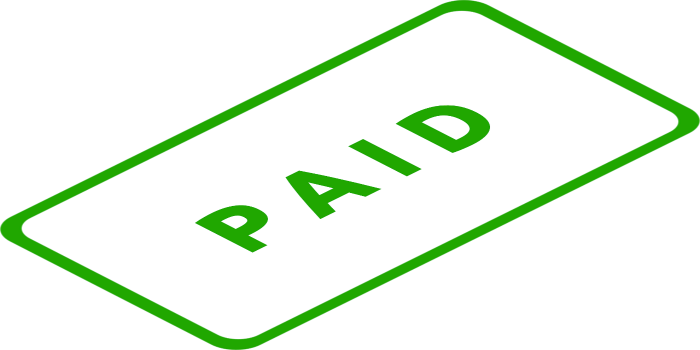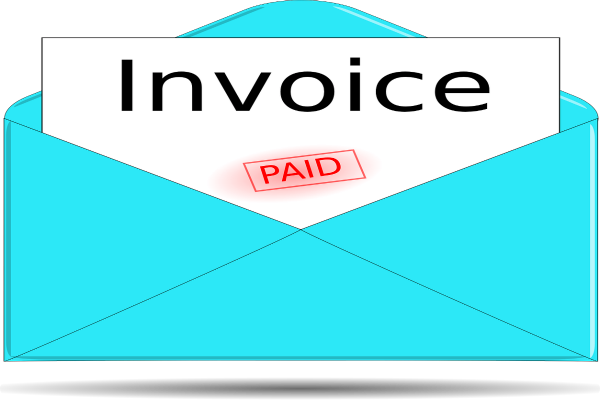
Small Businesses – Take Control Of When You Get Paid

Cash-flow is incredibly important for a startup, small business, freelancer or a sole-trader. Achieving growth without good cash-flow is a task that would tax even the most canny entrepreneur.
It allows the bills and wages to be paid and the business to survive during the sticky periods that any emerging business will face.
Cash-flow also makes business growth a more straight forward challenge.
Ormsby Street recently conducted research with sole-traders and freelancers in the UK – 79% of freelancers said cash-flow is the number one concern for their business, while around half admitted they stress about having enough cash to live on.
So what makes for good cash-flow?
It is largely dependent on invoices being paid on time, and that is something that doesn’t happen anywhere near often enough.
A common misconception is that there isn’t much that can be done about this, yet every small business should equip themselves with the knowledge to protect against late payment.
Don’t assume people will pay on time
It’s a fact of business life that some companies simply do not pay on time. Sometimes (for larger firms especially), it can be unofficial policy to not pay until 90 days, or sometimes even longer.
Just because a company is a household name is no indication that they will pay on time either. If a small business lands a contract with such company, then proper due diligence is essential.
Talk to other small businesses that have worked with them to get their perspective. If you find they have suffered late payment, you need to consider the impact of being owed a lot of money will have on your business.

Talk about payment terms early on
When you are discussing payment terms at the contract stage, you must make it clear that you cannot and will not tolerate late payment.
Talking candidly and openly about payment terms early in the contracting process is important in getting across the message that you won’t stand for late payment.
Also, be aware that the date that a customer receives an invoice is often the date at which their payment process ‘starts’, which can waste valuable time.
Posting your month end invoices on 25th, means that they get to the finance department within the month, and leaves less room for excuses for late payment.

If you are owed money, chase until you aren’t
Working with thousands of small businesses, I noticed that when they are owed money, there is a real reluctance to chase for payment.
Our research findings – 57% said they worry that if they chase for payment that client might not use their services again, while two-thirds said they feel uncomfortable and awkward chasing clients for late payment.
In an ideal world, people would always pay on time. But that’s not the case and there are occasions when any business has to chase for payment.
If a customer is happy with the service or product you provide, then they will return. Chasing for payment merely demonstrates that you are on top of your finances and that your business is running effectively and efficiently.

Conduct a financial health check on who you work with
The best way to retain control over your cash-flow is to have a thorough understanding of the people you work with.
All small businesses should check the financial health of every single supplier, partner and customer that they work with. It sounds onerous and time-consuming, but it really isn’t.
This can be done by looking at how long firms take to pay invoices, which can help small business owners make the right decisions about how to proceed.
It can save you from having sleepless nights worrying about late payment and ensure that you keep control over your cash-flow.






